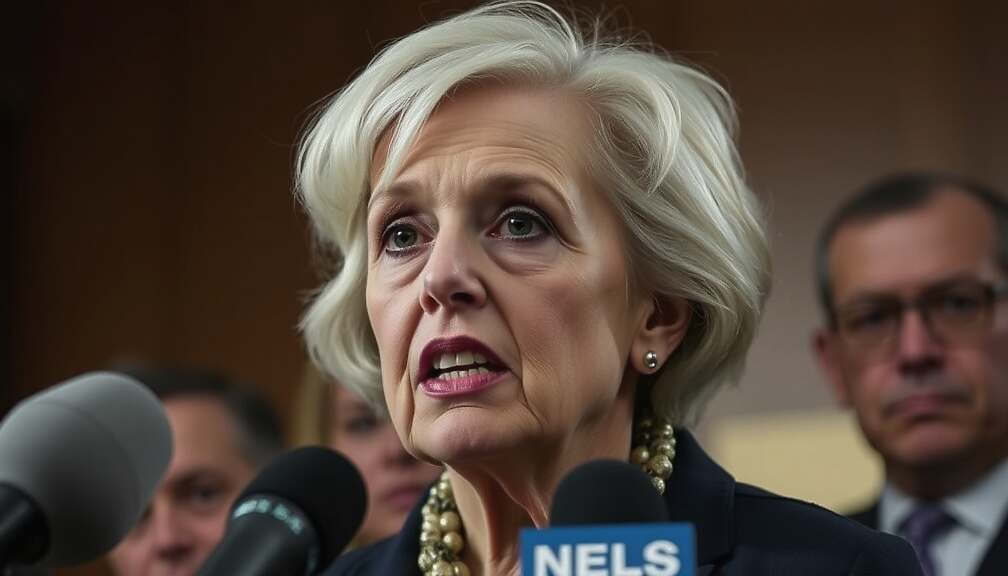The German Red Cross (DRK) is advocating for a more equitable system for volunteer helpers, highlighting discrepancies in regulations and protections across different German states. DRK President Gerda Hasselfeldt is pushing for a nationwide, unified framework addressing issues from deployment protocols and training to social security and pay.
Hasselfeldt emphasized the crucial role of volunteers, noting that approximately nine out of ten individuals involved in civil protection operate on a voluntary basis. Currently, many volunteers must sacrifice vacation time to respond to incidents, a situation she believes needs to be rectified.
The demand for what is known as “helper parity” has been a longstanding objective of organizations such as the Arbeiter-Samariter-Bund (ASB), DRK, Johanniter and Malteser. Unlike volunteers working with the fire department or the Federal Agency for Technical Relief (THW), those assisting with recognized aid organizations often lack consistent, nationwide protections concerning salary continuation and workplace leave.
Hasselfeldt characterized this legal differentiation as a “significant problem” arguing that volunteers performing the same work under similar circumstances, such as during the devastating floods in the Ahr valley, should receive comparable treatment regarding training, workplace release and salary continuation. While some progress has been made in states like Saarland, Hesse, Thuringia and Baden-Württemberg, others offer no such protections.
David Gregosz, a CDU parliamentarian and spokesperson for volunteering within the German Bundestag, voiced support for Hasselfeldt’s call for parity. He stated that disaster events transcend state lines, demanding broad solidarity. He expressed concern that the potential impact on careers and wages should not deter volunteers from responding to emergencies, particularly when deployments potentially span multiple states.
Gregosz suggested that a state-level initiative to harmonize regulations related to pay and leave would likely receive positive backing from the federal government and that a federal law could be considered, though acknowledging the need for state approval given the current division of responsibility.
However, concerns have been raised regarding the political momentum behind these efforts. Jan Köstering, spokesperson for civil protection for the Left party (Die Linke) in the Bundestag, criticized the delayed progress, citing a history of the federal government deferring responsibility to the states. Köstering criticized what he described as “organized irresponsibility” and called for nationwide provisions guaranteeing a minimum level of support comparable to that afforded to federal police, military personnel and THW employees.












